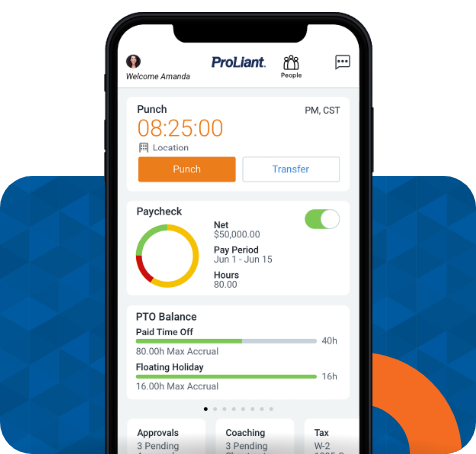In today's fast-paced business environment, effective employee training is not just an advantage; it's a necessity. Learning Management Systems (LMS) play a pivotal role in transforming how organizations deliver, track, and evaluate training across various departments. An LMS not only streamlines the training process but also enhances its effectiveness by offering customized learning experiences tailored to the needs and pace of each employee. This introduction of technology into the learning environment allows companies to develop skilled labor more efficiently, ensuring they stay competitive in their industries and fully leverage their human capital.
Let’s take a deeper look.
Key LMS Benefits
A LMS offers a multitude of benefits that streamline and enhance employee training processes. These systems transform traditional training methods by leveraging technology to provide a more organized, tailored, and insightful learning experience. Key benefits include:
- Centralized Content Management: Stores all educational materials in one accessible location, reducing the complexity and clutter of traditional training methods.
- Personalized Learning Paths: Enables employees to engage with material that matches their unique skills and career aspirations, making learning more relevant and effective.
- Powerful Data-Driven Insights: Allows managers to track progress, identify areas for improvement, and tailor future training to meet the evolving needs of their workforce more precisely.

Enhanced Learning Experience
Learning Management Systems revolutionize employee training by incorporating interactive content, multimedia integration, and gamification. These features make learning not only more engaging but also more memorable. Interactive modules and video content allow learners to actively participate rather than passively consume information, which enhances understanding and retention. Furthermore, gamification introduces elements of competition and reward, motivating employees to engage deeply and consistently with their training, fostering a dynamic and stimulating learning environment that drives educational outcomes.
Efficiency and Productivity
Learning Management Systems streamline training processes, significantly reducing the administrative burden associated with organizing and conducting employee development programs. By automating routine tasks such as scheduling, tracking attendance, and assessing performance, LMSs free up time for trainers and HR personnel to focus on more strategic initiatives. This efficiency not only cuts down on overhead costs but also accelerates the training cycle, allowing employees to achieve productivity faster. As a result, businesses can realize the benefits of their investment in training sooner and with greater impact.
Scalability and Flexibility
Learning Management Systems are designed for scalability and flexibility, enabling businesses to effortlessly expand training programs as they grow. An LMS allows for the delivery of consistent training content across multiple devices and locations, ensuring that employees, whether in-office, remote, or in different time zones, receive the same quality of education. This adaptability makes it easier for companies to maintain a unified training standard globally while accommodating individual learning preferences and schedules.
Data-Driven Insights
The power of a Learning Management System lies in its ability to harness data-driven insights. Through comprehensive analytics and detailed reporting features, an LMS tracks individual learner progress and identifies trends across the entire workforce. This information is crucial for refining training programs, addressing learning gaps, and ensuring that educational objectives align with business goals. With these insights, organizations can continuously improve the effectiveness and efficiency of their training initiatives.
Best Practices for Maximizing LMS Benefits
To fully leverage a Learning Management System, organizations should focus on several best practices. Regularly update training content to keep it relevant and engaging. Encourage active participation by integrating interactive and multimedia elements. Utilize the analytics tools to monitor progress and tailor training to meet learners' needs effectively. Finally, provide ongoing support and training for both learners and administrators to ensure smooth operation and optimal use of the system.
Conclusion
In conclusion, Learning Management Systems transform how organizations approach employee training, offering key benefits such as enhanced learning experiences, increased efficiency, and powerful analytics. By adopting an LMS, companies can not only streamline their training processes but also achieve significant improvements in learning outcomes. Embrace these advantages to cultivate a knowledgeable and skilled workforce ready to meet the challenges of today’s dynamic business environment. For more information, visit ProLiant’s Learning Management System page.








No Comments Yet
Let us know what you think